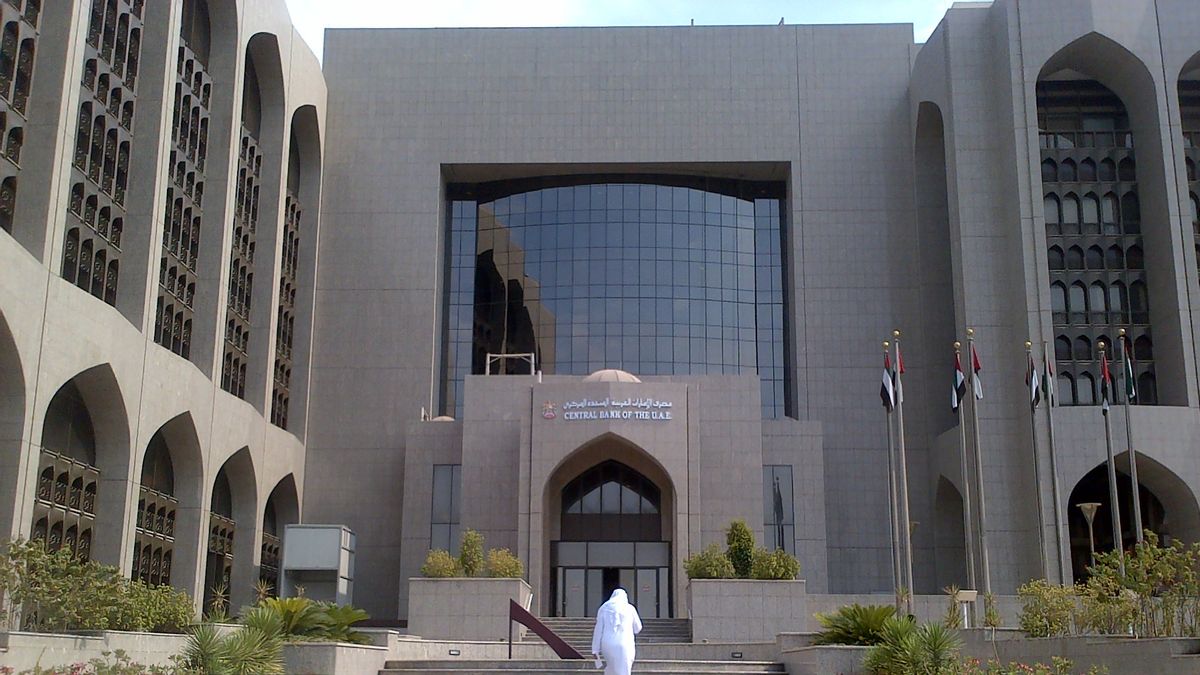JAKARTA - The United Arab Emirates is the latest country to join the race to experiment with internal digital currencies. According to the plan in the next three years, 2023-2026, the Central Bank of the UAE (CBUAE), announced the launch of its digital currency. They want to be the top 10 central banks around the world.
CBUAE's strategy involves seven goals to assist and drive the country's digital transformation ambitions. Mainly focused on financial services. Gulf News reports that this transformation will be largely determined by the latest literacy of artificial intelligence and big data solutions.
This UAE innovation strategy is aimed at streamlining “inspection, monitoring and insurance systems” through technology. The government will involve the use of the UAE Pass, a digital identity system to track citizens to increase financial inclusion and easy access to financial services.
In line with its goals in the Green Economy initiative of Vision 2021, the UAE government envisions developing a secure cloud infrastructure to support consistent innovation. Gulf News also reports that CBUAE has launched a survey called the “Future Expectations and Needs of Partners Survey,” which is scheduled for July 15, 2021.
Many other gulf countries have previously signaled their readiness to experiment with digital technology. The UAE has now become the first regulator to announce such interest on a strictly structured schedule.
Cryptocurrencies continue to gain the trust of the general public, forcing governments of many countries to pay more attention to developments around the use of blockchain and digitization in their existing financial systems.
Earlier this month, Vietnam's prime minister Phạm Minh Chính expressed interest in piloting digital currencies as part of a broader e-government development strategy. Whereas the Vietnamese government had previously banned the use of Bitcoin (BTC) for payments. However, citizens are still allowed to invest privately in BTC without any regulatory oversight.
Bitcoin's presence in mainstream financial markets is getting stronger by the day, leading governments around the world to reevaluate the use cases for Bitcoin and its immediate implications for shifting political power.
The English, Chinese, Japanese, Arabic, and French versions are automatically generated by the AI. So there may still be inaccuracies in translating, please always see Indonesian as our main language. (system supported by DigitalSiber.id)













